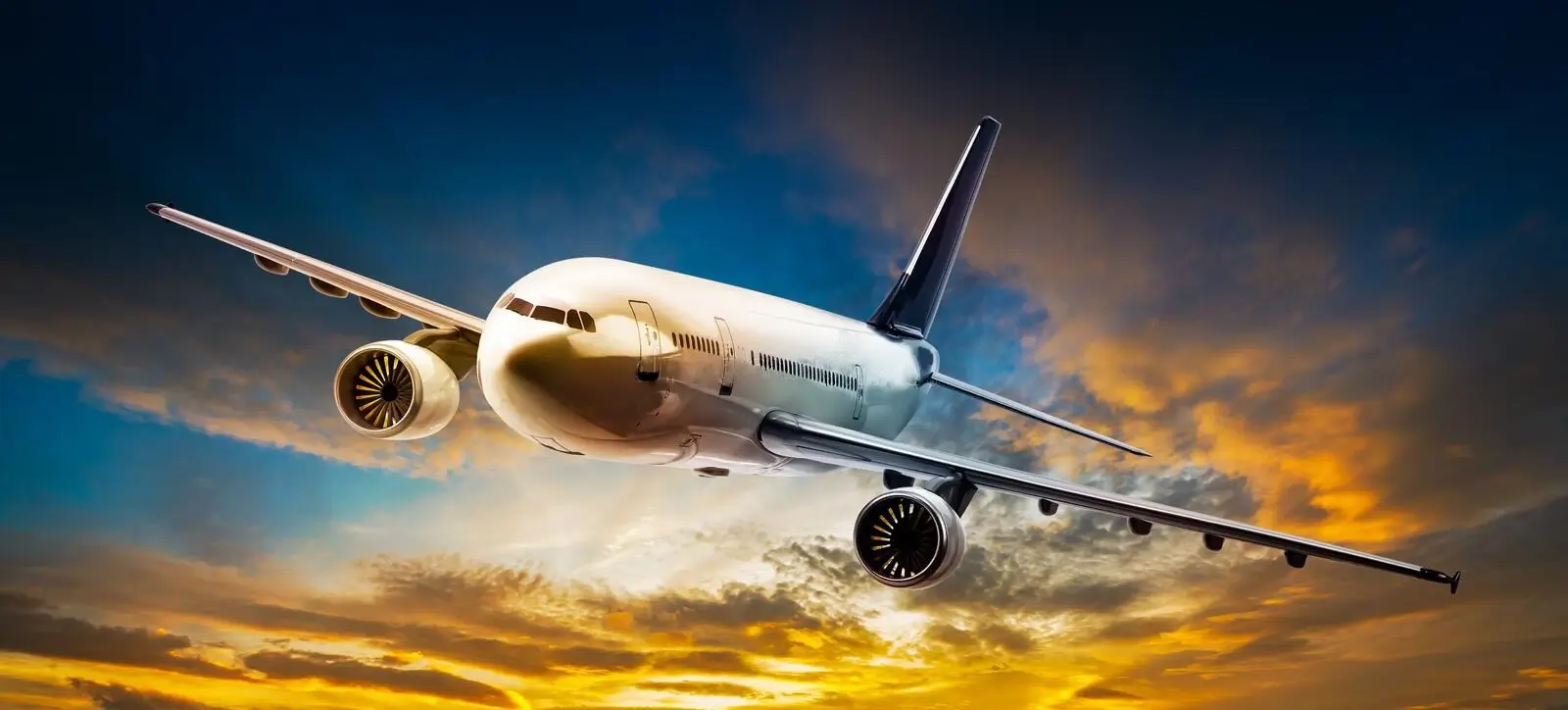Seoul is the capital and largest city of South Korea, and it is one of the most vibrant and dynamic cities in the world. Here are some key details about Seoul:
- Location: Seoul is located in the northwest part of South Korea, along the Han River. It is about 50 kilometers (31 miles) south of the Korean Demilitarized Zone (DMZ) and about 180 kilometers (112 miles) west of the Sea of Japan (East Sea).
- Population: As of the most recent data, the population of Seoul is estimated to be around 9.7 million people, making it the largest city in South Korea and one of the largest cities in the world.
- Climate: Seoul has a humid continental climate, with four distinct seasons. The average temperature ranges from around -2°C (28°F) in January to around 25°C (77°F) in July.
- Economy: Seoul is the economic, cultural, and political center of South Korea. It is home to many of the country's largest companies, including Samsung, Hyundai, and LG. The city's economy is diverse and includes sectors such as technology, finance, manufacturing, and tourism.
- Transportation: Seoul has a comprehensive transportation network, including buses, trains, subways, and taxis. The city is also served by two international airports, Incheon International Airport and Gimpo International Airport.
- Culture and Attractions: Seoul has a rich cultural heritage and is home to many historic landmarks and cultural attractions. Some popular attractions include Gyeongbokgung Palace, Changdeokgung Palace, and Namsan Tower. The city also has a vibrant nightlife and a wide range of shopping and dining options.
- Language and Culture: Korean is the official language of Seoul, although English is also widely spoken, especially in business and tourism. The city has a diverse cultural scene, with influences from various ethnic groups and religions.
- Cuisine: Seoul is known for its diverse and flavorful cuisine, which includes a mix of traditional Korean dishes as well as international cuisines. Some popular dishes include kimchi (fermented vegetables), bibimbap (mixed rice), and bulgogi (marinated beef).
- Education: Seoul is home to several prestigious educational institutions, including Seoul National University and Yonsei University. The city also has a number of public and private schools, offering education from preschool to high school.
- Safety: Seoul is generally considered to be a safe city for tourists and residents alike, with a relatively low crime rate compared to other major cities in the world. However, it's always a good idea to take common-sense precautions, such as avoiding isolated areas at night and not flashing valuables in public.













